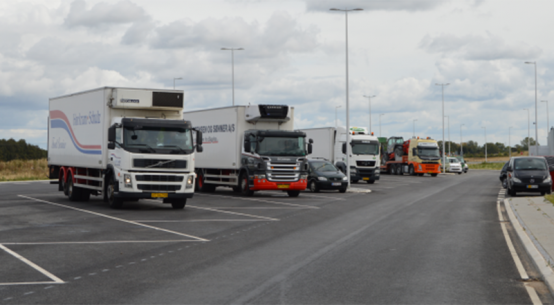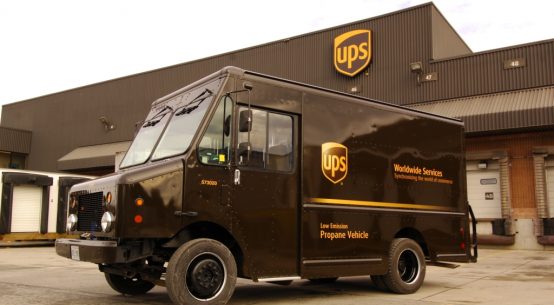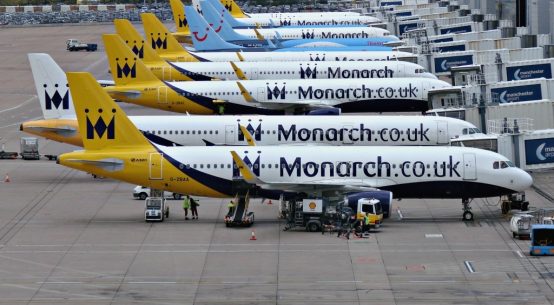
Airlines Banning Certain “Smart Bags” as Checked Luggage
Atlanta (Forbes) – Major U.S. carriers are moving to ban smart luggage from all aircraft. On Friday, American Airlines announced that “as part of safety management and risk mitigation,” the carrier would ban any bag with an integrated lithium-ion battery starting on January 15th. Alaska Airlines and Delta Air Lines released similar statements with the same deadline.
Smart bags have grown popular over the last few years thanks to a wave of development around internet-of-things technology and the growing needs of power-hungry travellers.
Bluesmart, arguably the first smart luggage company, raised several rounds of the crowd and venture funding with its bags that tracked locations, had integrated scales and could keep travellers powered for days at a time.
Its success launched another wave of competing bags from companies like Away, Barracuda and Modobag, the “World’s First Motorized, Rideable Luggage.”
 All of that innovation may be now rendered moot thanks to the batteries used to power each unit. Last week’s bans centre around concerns over the lithium-ion cells used to power most smart bags. When damaged, those batteries have the potential to explode and catch fire, presenting a significant safety risk for aircraft.
All of that innovation may be now rendered moot thanks to the batteries used to power each unit. Last week’s bans centre around concerns over the lithium-ion cells used to power most smart bags. When damaged, those batteries have the potential to explode and catch fire, presenting a significant safety risk for aircraft.
Lithium-ion batteries are also commonly used in computers, tablets and power banks used to top up phones and a variety of other USB-powered devices. Because the batteries are so widespread, airlines typically allow passengers to bring those devices onboard, where its easier to extinguish a fire. Checking the batteries in the luggage hold, however, is strictly prohibited.
That luggage-hold restriction is the main sticking point with the new rules. Over the last year, airlines have aggressively marketed and sold basic economy fares which often don’t include onboard luggage with the sold ticket. Since the fares force passengers to check luggage into the hold, they create a liability in which lithium-ion batteries in smart bags could end up in the wrong part of the aircraft. Indeed, the only exception to the airlines’ upcoming rules is if the battery on the smart luggage is removable.
Smart luggage manufacturers, for their part, are also pushing back against the ban. “As we speak, we are talking with the airlines so they can review our products and get the proper exemptions in place,” Tomi Pierucci, Co-Founder, and CEO of Bluesmart tells FORBES.
“We are fully compliant with DOT and FAA and the law requires that the product is built the way ours is. We are providing all the technical documentation and the DOT Request for Interpretation as needed.”
Follow us on TWITTER for more Logistics News Follow us on FACEBOOK for more Logistics News
Bluesmart additionally posted a press release and resource centre on its site after the bans were announced.
As the airlines and smart luggage manufacturers work to find a joint solution, consumers will at least be safe to travel with the bags over the holiday season. But as of January 15th, however, many unhappy consumers may be stuck with rolling luggage that won’t fly.








